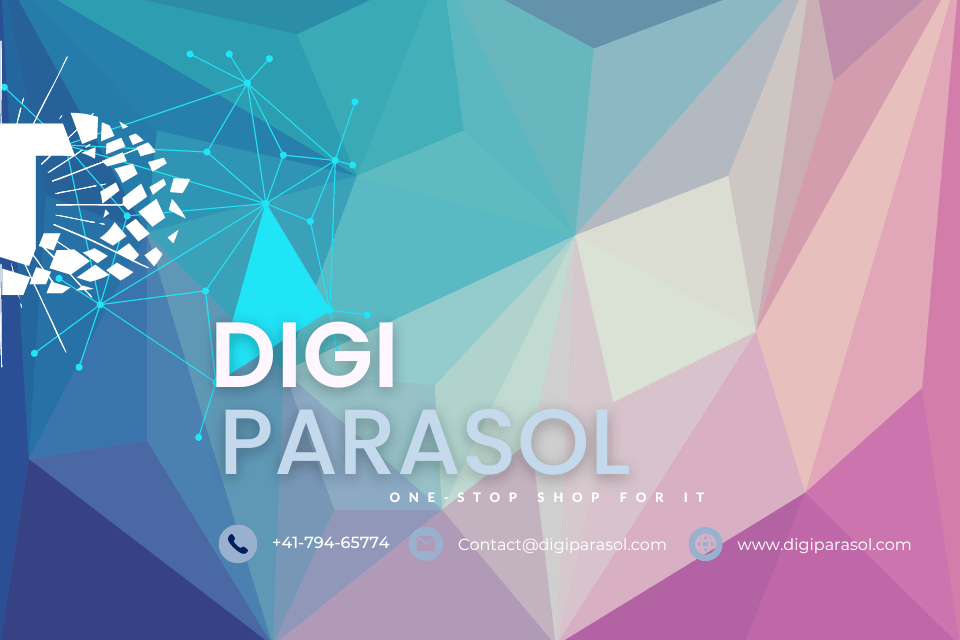Medical errors are a significant problem in the healthcare industry, often leading to adverse outcomes for patients, including injury and death. Despite advances in medical technology and the expertise of healthcare professionals, errors still occur due to a variety of factors, including human error, communication breakdowns, and system failures. However, with the advent of artificial intelligence (AI) technology, healthcare providers are increasingly turning to AI solutions to predict and prevent medical errors.
AI has the potential to revolutionize the healthcare industry by improving the accuracy and efficiency of medical diagnosis and treatment. Through machine learning algorithms and data analysis, AI can analyze vast amounts of patient data to identify patterns, trends, and potential risks that may not be readily apparent to human healthcare providers. This allows AI to predict and prevent medical errors before they occur, ultimately improving patient outcomes and reducing healthcare costs.
One of the key ways AI is being used to predict and prevent medical errors is through predictive analytics. By analyzing patient data, including medical history, lab results, and imaging studies, AI algorithms can identify patients at risk for certain medical conditions or complications. For example, AI can help predict the likelihood of a patient developing sepsis or a heart attack based on certain risk factors and clinical indicators. By identifying these high-risk patients early on, healthcare providers can intervene proactively to prevent adverse outcomes.
In addition to predictive analytics, AI is also being used to prevent medical errors through decision support systems. These systems use AI algorithms to analyze patient data and provide healthcare providers with recommendations for diagnosis and treatment. For example, AI can help radiologists interpret imaging studies more accurately by highlighting areas of concern or offering differential diagnoses based on similar cases in the database. This can help reduce diagnostic errors and improve patient outcomes.
Furthermore, AI-powered tools are being used to improve medication safety and reduce errors in prescribing and administering medications. Medication errors are a common cause of patient harm in healthcare settings, often resulting from confusion over drug names, dosages, or interactions. AI systems can help healthcare providers identify potential drug-drug interactions, allergies, and dosing errors, reducing the risk of adverse drug events. AI can also assist in medication reconciliation processes, ensuring that patients receive the correct medications at the right time.
AI is also being used to enhance patient safety through real-time monitoring and surveillance systems. These systems use AI to analyze patient data in real-time, detecting subtle changes in vital signs, medication orders, or lab results that may indicate a potential medical error or adverse event. By alerting healthcare providers to these anomalies promptly, AI can help prevent errors and improve patient safety.
Despite the many benefits of AI in predicting and preventing medical errors, there are also challenges and limitations to consider. One of the key challenges is the need for accurate and reliable data to train AI algorithms effectively. Healthcare data can be complex, unstructured, and fragmented, making it challenging to create AI models that are robust and generalizable across diverse patient populations.
Another challenge is the potential for bias in AI algorithms, leading to erroneous predictions or recommendations. Bias can occur when AI algorithms are trained on biased or incomplete data, leading to inaccuracies or disparities in patient care. To mitigate bias in AI systems, healthcare providers must ensure that the data used to train algorithms are representative and diverse, taking into account factors such as race, ethnicity, gender, and socioeconomic status.
In addition, there are concerns about the ethical implications of using AI to predict and prevent medical errors. For example, who is ultimately responsible for decisions made by AI systems? How do we ensure patient privacy and data security when using AI to analyze sensitive health information? These ethical considerations must be carefully addressed to ensure that AI is used responsibly and ethically in healthcare settings.
Despite these challenges, the potential of AI to predict and prevent medical errors is significant. By harnessing the power of AI technology, healthcare providers can leverage vast amounts of patient data to identify risks, improve diagnosis and treatment, and enhance patient safety. As AI continues to evolve and advance, it is likely to play an increasingly critical role in reducing medical errors and improving the quality of care for patients around the world.


